I am trying to understand in which situations an iterable can be replaced with an iterator in Python 3.
More specifically, consider this example:
ml = [1,2,3,4]
iter_ml = iter(ml)
deq_ml = collections.deque(ml)
deq_iter_ml = collections.deque(iter_ml)
print(ml)
print(iter_ml)
print(deq_ml)
print(deq_iter_ml)
This produces the output
[1, 2, 3, 4]
<list_iterator object at 0x7f6ee8eef4c0>
deque([1, 2, 3, 4])
deque([1, 2, 3, 4])
If I check the documentation of deque, it accepts an iterable as the first argument. But here when I provided an iterator over the iterable, that worked too
However, it didn't work when the iterator is given to print
Same is the confusion with islice. It works with both iterables and iterators.
How to know if those can be used interchangeably?
